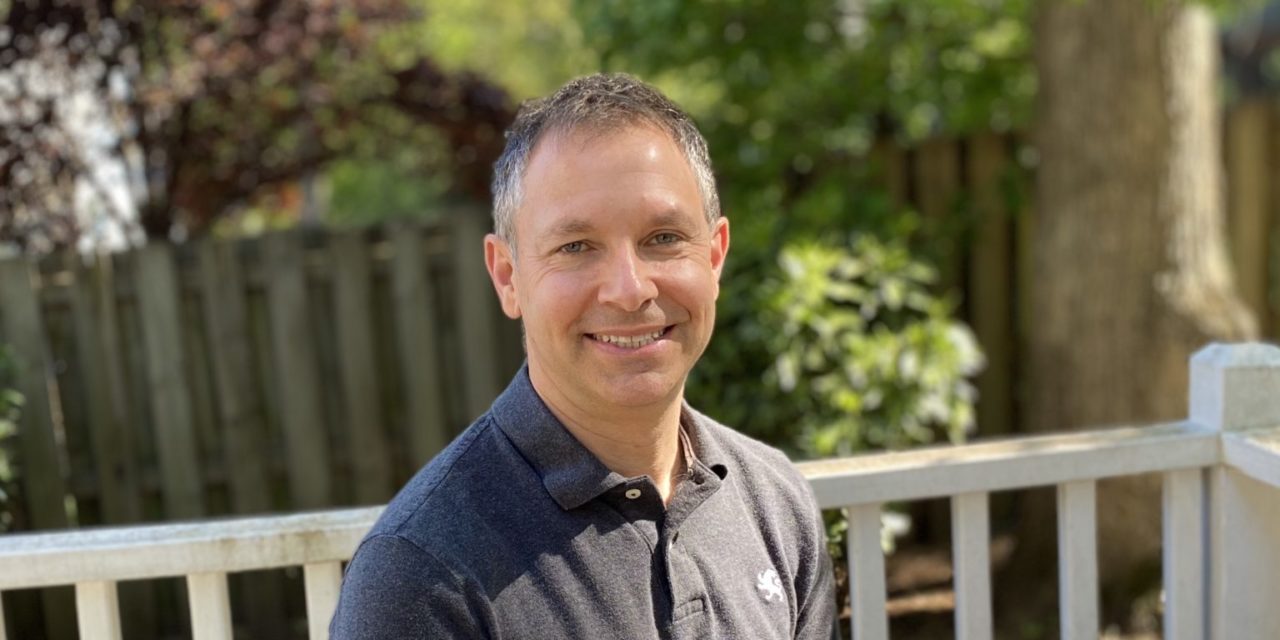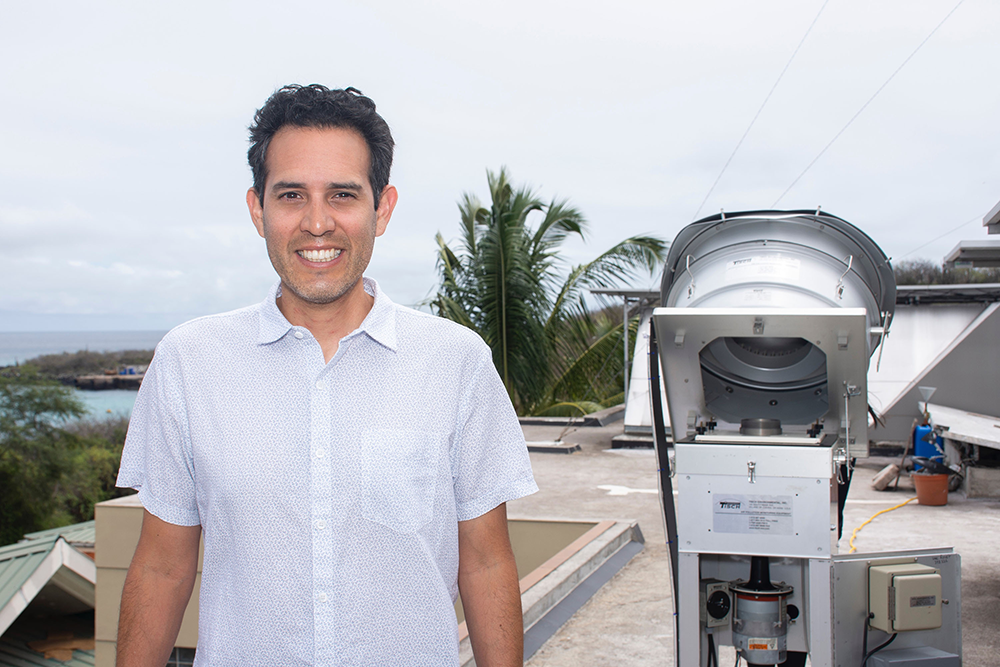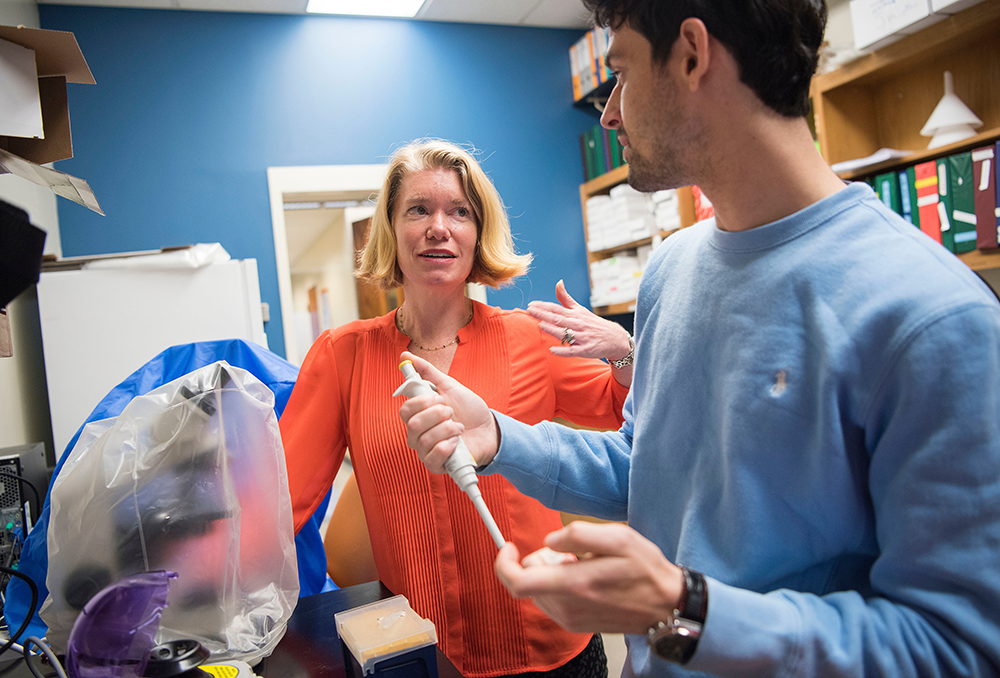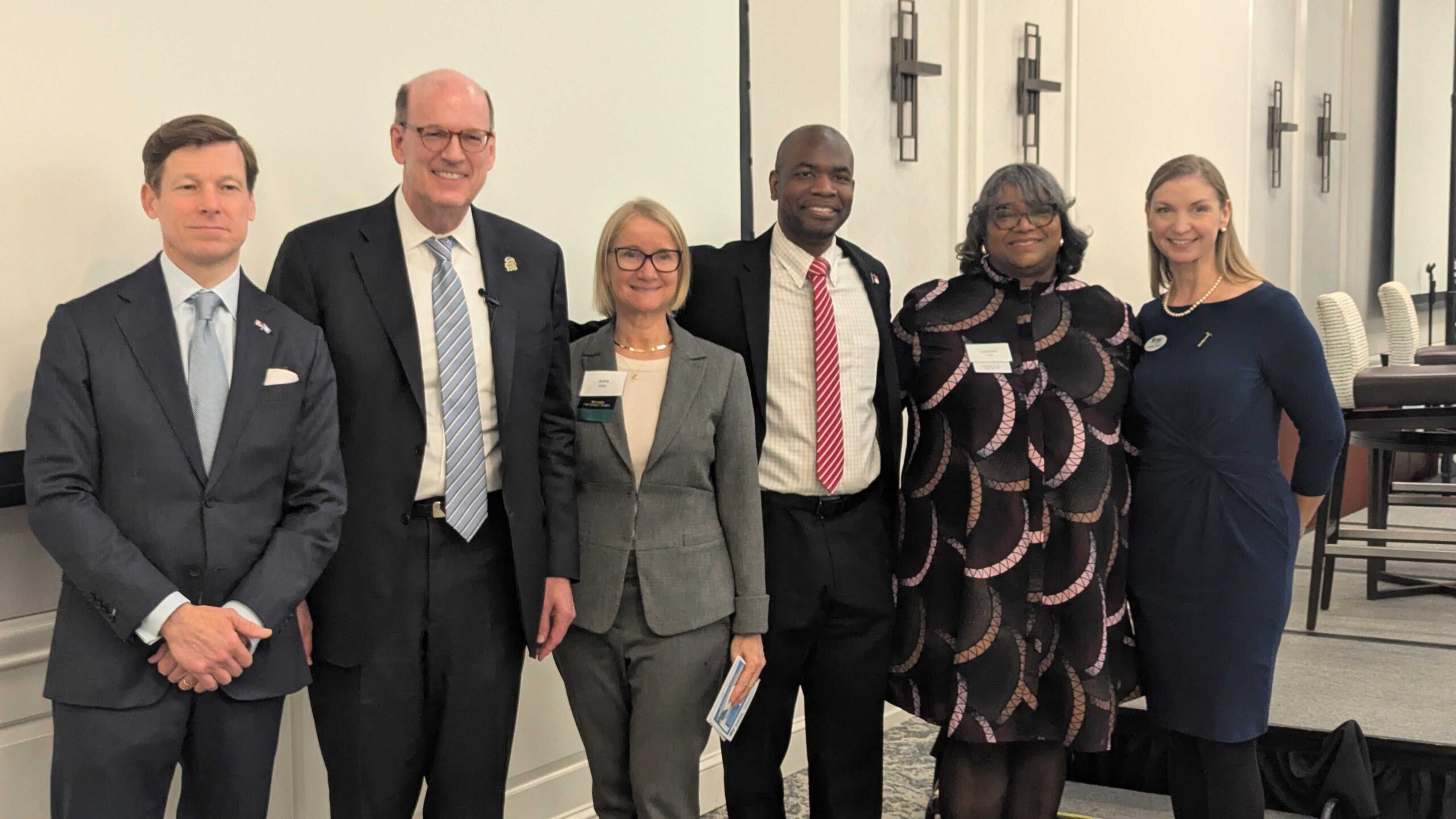Tune in to Focus Carolina during morning, noon and evening drive times and on the weekends to hear stories from faculty members at UNC and find out what ignites their passion for their work. Focus Carolina is an exclusive program on 97.9 The Hill WCHL, sponsored by the University of North Carolina at Chapel Hill.
Jon Abramowitz is a professor of clinical psychology in Carolina’s College of Arts & Sciences and an expert in anxiety disorders who joined the clinical psychology faculty at Carolina in 2006. He is also the director of the UNC Anxiety Clinic, a position that makes him uniquely qualified to discuss the impact of the COVID-19 pandemic on our daily lives — with specific focus on how isolation and social distancing affect our routines and mental states.
“The best thing that people can do is to try as much as they can to continue with their normal routine,” said Abramowitz. “It’s important to get a good night’s sleep. It’s really important to exercise … I think it’s important to go easy on ourselves, give ourselves a break.”
With ongoing and increasing stress surrounding life in the current moment, from employment ans shortages to elder and child care, Dr. Abramowitz says that it can be important to accept our feelings and adapt.
“We need to kind of lean into this and give ourselves permission to experience anxiety and just understand that’s a normal, and in many ways healthy, response to this stress, this threat,” said Abramowitz. “That’s kind of over our heads right now for a little while. There are a lot of factors that go into developing personal routines, and preference certainly is an important one. We build routines around the things that we like to do. Humans are creatures of habits.”
According to Dr. Abramowitz, how individuals and communities are responding to the current socially distant situation and connecting with each other depends on a numbers of factors.
“I think it has more to do with your environment than it does necessarily your chronological age,” said Abramowitz. “It depends on how people were functioning, how lonely they were before this pandemic. Folks that were functioning well beforehand. I think that’s a good predictor of how folks will do during this situation … Pick up the phone, give them a call, check in with them, and maybe even plan a specific time when you’re going to check in with them every day so that they have something to look forward to.”
Dr. Abramowitz is also taking time to incorporate the sociological and psychological effects of our reaction to COVID-19 into his study — along with some of his colleagues.
“There is a group of us, a multinational group that has started to form — we call ourselves the Corona-phobia group — and we’re studying illness anxiety, anxiety that happens in the wake of pandemics like this,” said Abramowitz. “We’ve had these before. We’ve had outbreaks of like the Zika virus and the Ebola virus and these other sorts of viruses over the years, and we’ve studied the way that people respond, their level of anxiety trying to predict who’s going to have more difficulty than others. And so we are in the initial stages of developing a line of research to look at how folks are responding to the coronavirus.”
Featured image via UNC-Chapel
Chapelboro.com does not charge subscription fees. You can support local journalism and our mission to serve the community. Contribute today – every single dollar matters.












